
Organization: APAN-JP (JP)

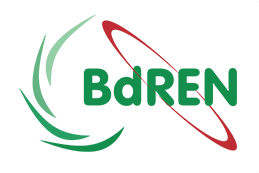

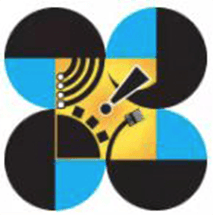
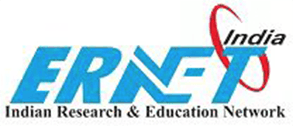


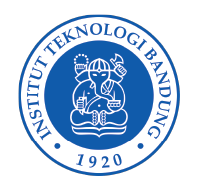
ITB has active as a TEIN gateway or Trans euro information network is an initiative carried out by the European Commission (EC) with Asian countries through the cooperation umbrella of ASEM (Asean Europe Meeting). This program has been initiated since 2001 and started running in 2005 with TEIN2 Network. One of its members is ITB and ITB also started to connect computer networks between universities and research from the research community using a network in the world known as REN (Research and Education Network). NREN/REN, in principle, uses the same technology as the Internet (TCP/IP), what distinguishes the regular Internet from NREN is the IP address and ASN (Autonomous System Number) which are specific, only around 20,000 routing tables or around 20,000 connected nodes. While the Internet has more than 600,000 routing tables or more than 600,000 nodes worldwide. In 2006, DIKTI (Higher Education) Kemdiknas created an Inheret (Indonesia Higher Education Research Network) which is a network that connects universities in Indonesia which initially connected more than 32 universities as a backbone network, this is DIKTI’s effort to facilitate education and research in Indonesia. Previously, data communication between universities only used the Internet. The Inherent Network in 2007 – 2013 has connected more than 300 universities with funding from the Ministry of National Education, the Inherent network is connected to NREN through the TEIN gateway at ITB. With the TEIN gateway at ITB, universities in Indonesia are starting to connect with NREN in other countries Asia Pacific Advanced Network (APAN) is a research network consortium in Asia Pacific that connects several riser networks (NREN) in Asia to America (Pacific) which connects Asia and America (Nort America) with a high-speed network (High Speed Network). Some members who are members of APAN such as America (Internet.edu) , Japan (NICT, KDDI, SInet) , China (Cernet) , Korea (KOREN) and almost all countries in Southeast Asia including Indonesia are represe.
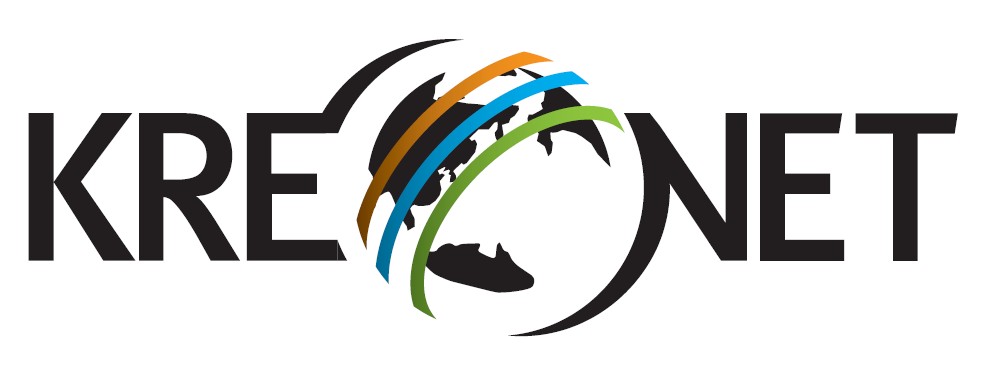




Organization: REANNZ (NZ)

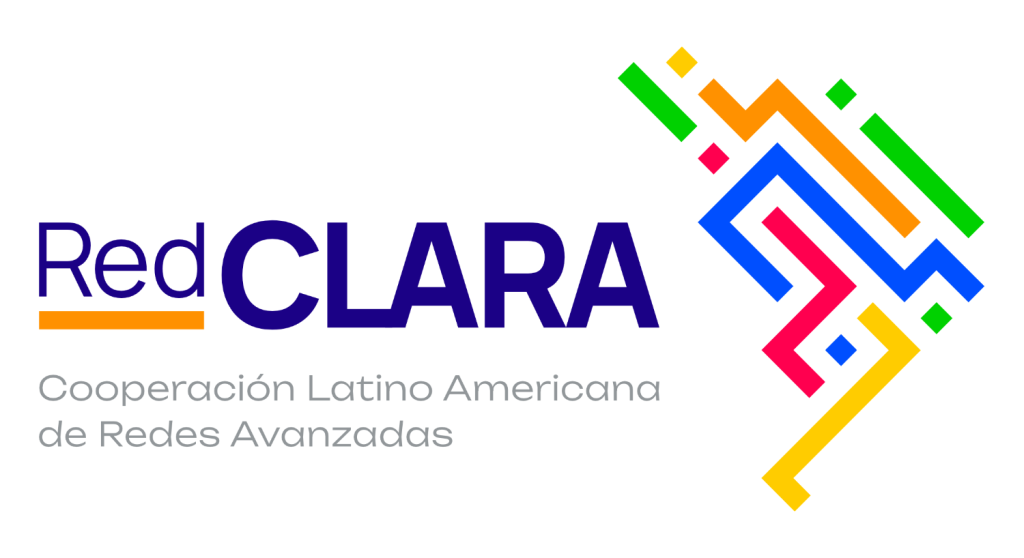
Organization: RNP (BR)

The National Education and Research Network (Rede Nacional de Ensino e Pesquisa – RNP) is the Brazilian infrastructure of advanced network for collaboration and communication in the fields of teaching and research. It connects more than 250 Brazilian institutions among them and with foreign institutes, making it possible for people and resources to interact through advanced applications. Besides connecting all federal institutions of higher education and research, this infrastructure, also called Ipê network, provides a testbed for the experimental development of new applications and network services for the benefit of its users.
Organization: SingAREN (SG)


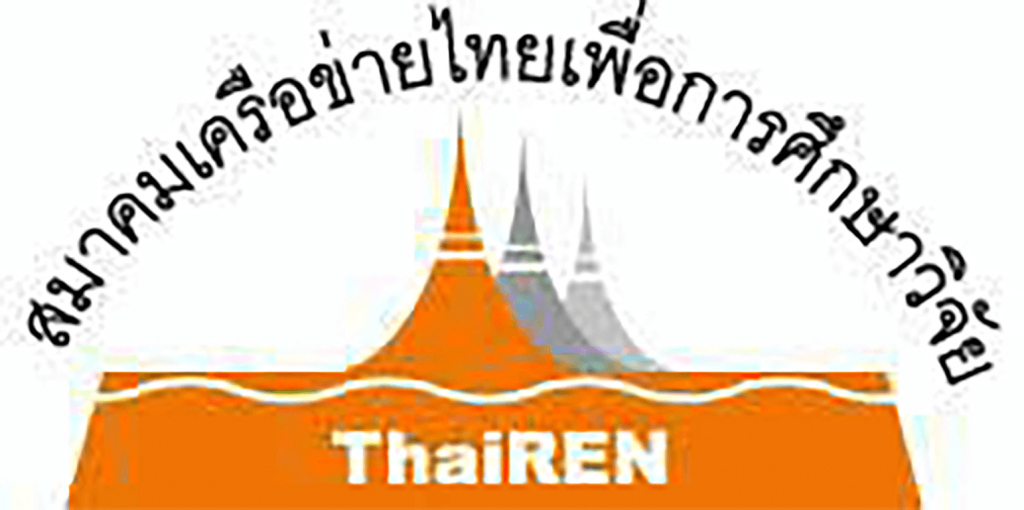

RedCLARA is responsible for the implementation and management of the network infrastructure that interconnects the Latin American National Research and Education Networks (NRENs) and, through them, a large number of universities and research centers. Thus, scientific and academic communities and many projects lacking adequate infrastructure to support its initiatives today advance and collaborate with each other, contributing to the development of science, education, research and innovation in Latin America.
ERDEMNET Mongolian National Research and Education Network (AS10076) is an 25 year old university network that is peering with 5 other networks and has 4 upstream carriers..

KAUST aspires to be a destination for scientific and technological education and research. By inspiring discoveries to address global challenges, we strive to serve as a beacon of knowledge that bridges people and cultures for the betterment of humanity.

The South African National Research Network (SANReN) is a high-speed network dedicated to science, research, education and innovation traffic and has been rolled-out in a phased manner.



